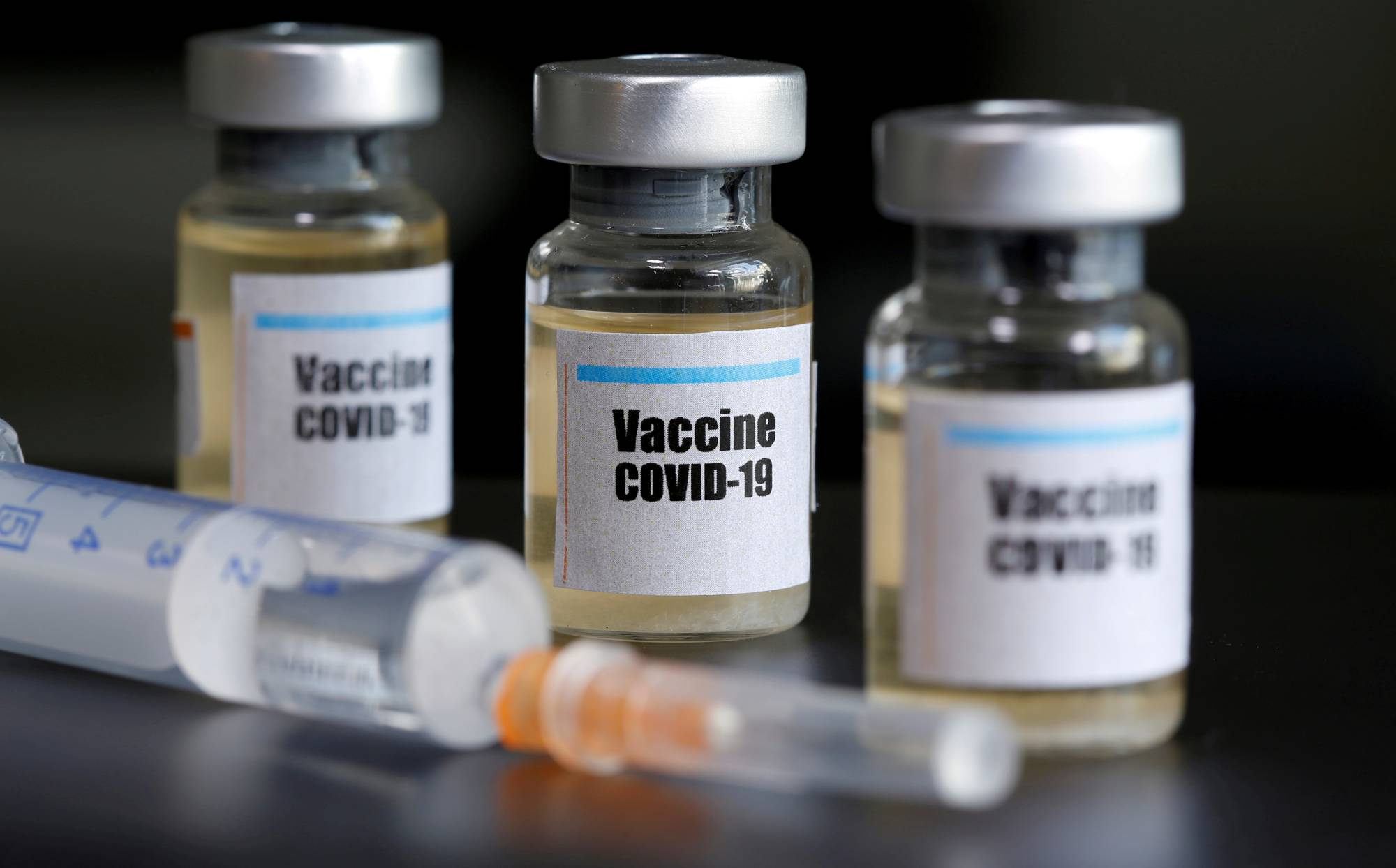The rush to produce a COVID-19 vaccine is progressing at breakneck speed, with various media saying that something may be available before the end of the year. The greatest concern is that shortcuts in the normal development process will result in safety issues. This concern, however, tends to be overwhelmed by sheer demand that is promoted, at least partly, by politics. U.S. President Donald Trump desperately wants something before the November election, and, in Japan, those invested in the postponed 2020 Tokyo Olympics and Paralympics say they need a vaccine by early next year.
Money also has something to do with it. Obviously, the first pharmaceutical company that comes up with a vaccine is going to hit the jackpot because governments all over the world are counting on one to restart their economies. They will pay almost any amount, even if the vaccine's initial effectiveness is less than what would normally be acceptable. Most companies are shooting for at least 50 percent efficacy. At that rate, hoping to acquire immunity from a COVID-19 shot would be akin to flipping a coin. And, of course, there's the added possibility you might be made sick from it.
This is not to suggest that a vaccine shouldn't be pursued as aggressively as possible, but rather that there is a history of vaccines and related medical treatments that have proven to be problematic due to the confluence of acute public anxiety surrounding a medical emergency, public sector involvement in solving the emergency, and money. Japan, in fact, offers at least one salient example.


















With your current subscription plan you can comment on stories. However, before writing your first comment, please create a display name in the Profile section of your subscriber account page.